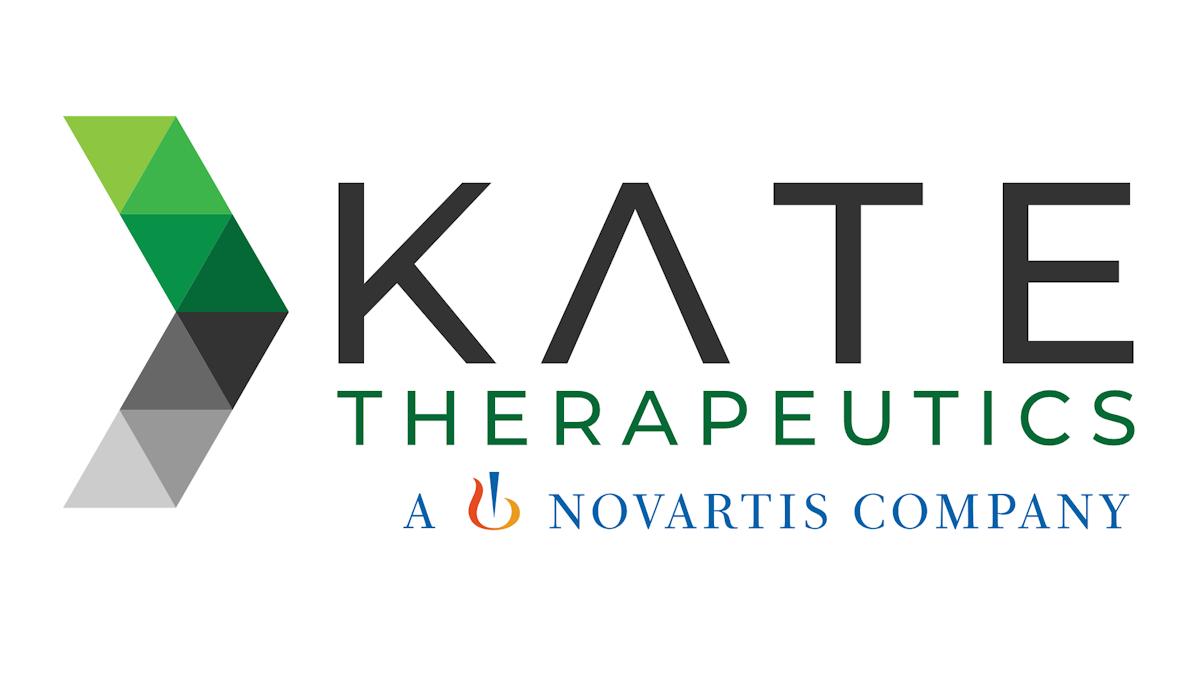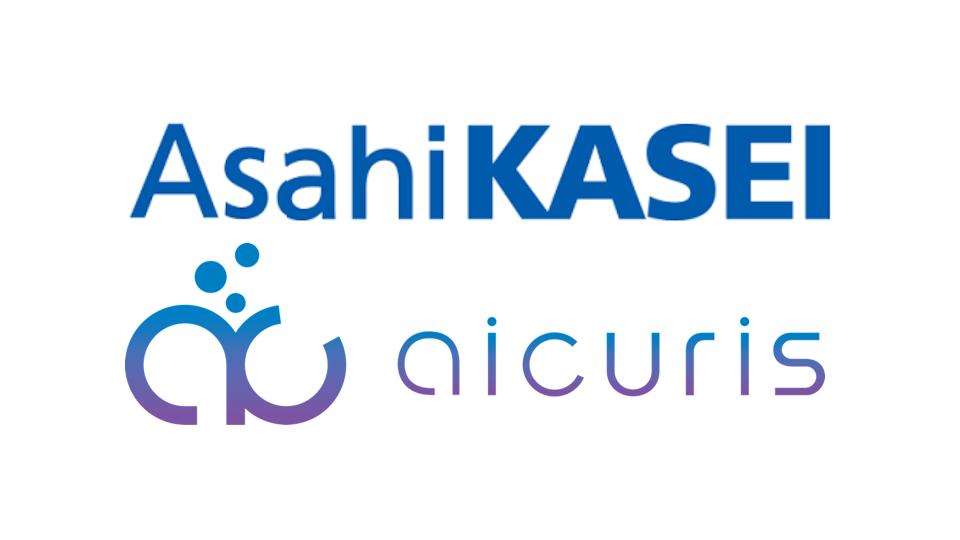Gene therapy firm Kate Tx snapped up by Novartis for $1.1bn

Novartis has reached an agreement to take control of Kate Therapeutics, a developer of gene therapies for inherited neuromuscular diseases, including Duchenne muscular dystrophy (DMD).
The transaction – worth up to $1.1 billion to Kate's shareholders – was revealed as Novartis showcased its R&D pipeline and mid-term growth prospects at an investor event today.
The Swiss pharma group said in a statement that the takeover of the San Diego-based startup will bolster its position in gene therapies, as well as neurosciences, both core R&D areas.
Kate Therapeutics' pipeline is still in the preclinical stage of development but includes candidates for DMD, facioscapulohumeral dystrophy (FSHD), and myotonic dystrophy type 1 (DM1), as well as diseases affecting the heart.
The company made its debut last year with a $51 million Series A and a licensing agreement with Astellas for a gene therapy candidate (KT430) for X-linked myotubular myopathy. Shortly after that, it nominated KT809 for DMD as the lead programme in its internal R&D pipeline.
Its DELIVER platform generates capsids that are designed to avoid the liver and target muscle and heart cells, and according to preliminary lab results its DMD candidate can achieve markedly higher and more uniform expression of the dystrophin protein deficient in the disease – and at lower doses – than competing gene therapies.
Presenting results with the programme at the American Society of Gene and Cell Therapy (ASGCT) conference earlier this year, Kate's chief scientific officer and co-founder Sharif Tabebordbar said: "First-generation gene therapies for DMD use very high doses of naturally occurring capsids that primarily target the liver, and promoters that are more active in skeletal muscle than heart in primates."
In contrast, he continued: "We have developed a DMD gene therapy candidate that potently, uniformly, and selectively expresses high levels of microdystrophin in both skeletal muscle and heart, which are the major affected organs in the disease, while avoiding off-target tissues like the liver."
Last year, Sarepta's Elevidys (delandistrogene moxeparvovec) became the first FDA-approved gene therapy for DMD, with its label expanded earlier this year to make more patients eligible for the treatment. Sales of the $3.2 million one-shot therapy have ramped up quickly, reaching $181 million in the third quarter of 2024.
Novartis' gene therapy portfolio includes spinal muscular atrophy treatment Zolgensma (onasemnogene abeparvovec) – used to treat upwards of 3,400 patients worldwide with third-quarter sales of $308 million – with more than 20 other candidates in clinical development.
"We have been highly impressed with the rigour and potential of Kate's science, and we are confident this acquisition will further enhance our ability to bring forward new therapeutic options for patients living with neuromuscular diseases," commented Fiona Marshall, Novartis' president of biomedical research.












